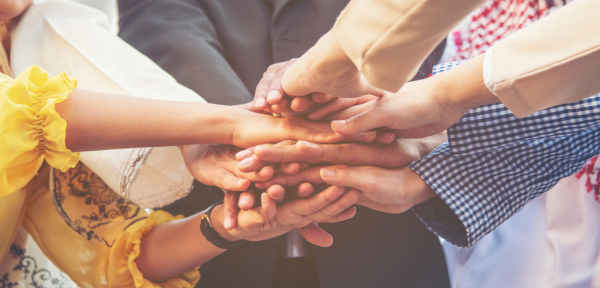How can the EU build a Union of Equality?

On 25 March 2024, nine equality and anti-discrimination organisations signed a joint statement on building an inclusive European Union of Equality, calling on the EU Institutions to ensure that “quality, anti-racism, and fundamental rights are a priority during the next legislative mandate.”
The signatories are the following:
The organisations acknowledged the efforts made by the EU in advancing the values of equality, and specifically mentioned the appointment of the first-ever Commissioner for Equality as a “welcome and much-needed initiative”. The joint statement also presented several good practices in equality and non-discrimination policies, among which the European Disability Card and Parking Card.
However, because the EU is still far from being a Union of Equality, the signatories demanded urgent attention from both the European Institution and national governments on issues such as racial injustice, inequality, and discrimination. The EU is called to put in place a comprehensive legal framework for cross-border protection against discrimination, particularly towards vulnerable and marginalised groups and in cases of intersectional discrimination. To enable the European Institutions to reach this goal, the signatories suggest a series of specific actions to undertake:
Strengthen the European Commission’s services working on equality, non-discrimination and anti-racism, especially by establishing a new Directorate-General for Equality and Fundamental Rights.
Introduce strong strategies under the Equality Framework beyond 2025 and ensure their implementation in all policy areas.
Ensure that the Equality Task Force has a strong mandate to foster cooperation between different services and that it works transparently and cooperates with European Equality networks.
Host an annual “Equality Forum” gathering policymakers, civil society, and other interested actors to evaluate and develop initiatives for realising a Union of Equality. The Forum should focus particularly on intersectional equality.
Create an EU Council formation on Equality.
Ensure the next EU budget properly funds civil society organisations working on equality, non-discrimination and anti-racism.
To achieve a true Union of Equality, it is essential that the EU’s decision-making process to be transparent, and that the Institutions properly reflect the European population, not only in terms of nationality but also in terms of diversity of gender, ethnic and social origin, disability, age, sexual orientation, and gender identity.

